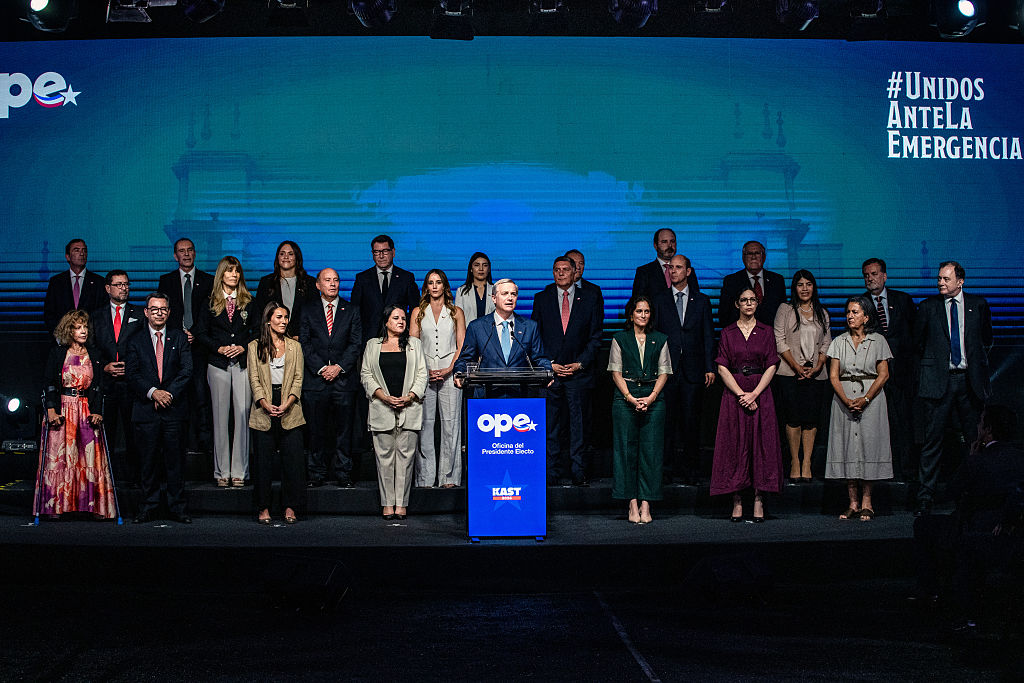Foreign Policy Priorities for Obama: Develop Latin American Ties
Foreign Policy Priorities for Obama: Develop Latin American Ties
AS/COA’s Christopher Sabatini writes for CNN GPS that Latin America is unlikely to become a priority during President Barack Obama’s second term, though some countries in the region deserve more attention from Washington.
Despite its importance for U.S. exports and the counter-narcotics, Latin America will not be a high priority for the new administration – perhaps understandable given the other demands and crises across the globe. That said, there are a number of countries and issues that certainly deserve high level attention.
First among them is Brazil. The world’s sixth-largest economy, Brazil aims to be a regional and global power, an ambition that has made for a prickly partnership with the U.S., including over the humanitarian intervention in Libya and its goal to gain a permanent seat on an expanded U.N. Security Council. The administration should try to foster Brazil’s promotion into multilateral forums and agreements to leverage a closer working relationship.
Second, the drug trade and the violence and corruption that have come with it are threatening state collapse in Central America and have cost over 50,000 lives in Mexico. The U.S. needs to dramatically expand its assistance and cooperation with countries in the region while also attacking drug consumption and arms sales within its own borders.
Last, for domestic political reasons, Cuba has always – unfortunately – always commanded outsize attention in U.S. domestic politics and policy toward the region, with support for the U.S. embargo often serving as a litmus test for presidential appointees before congress. The next four years, it will deserve the attention – but of a different sort. With Fidel Castro 86 years-old and his successor brother Raul 83, there will almost certainly be a leadership transition in Cuba’s 60-year-old revolution. The embargo law currently ties the ability of the U.S. government in its relations with Cuba and the Cuban people until a democratic transition is nearly completed, and has isolated U.S.-Cuba policy from the rest of the world. The U.S. will need to refine its policy to play a constructive, multilateral role if it wants to shape the process – which, being just 90 miles from Florida, it must.








